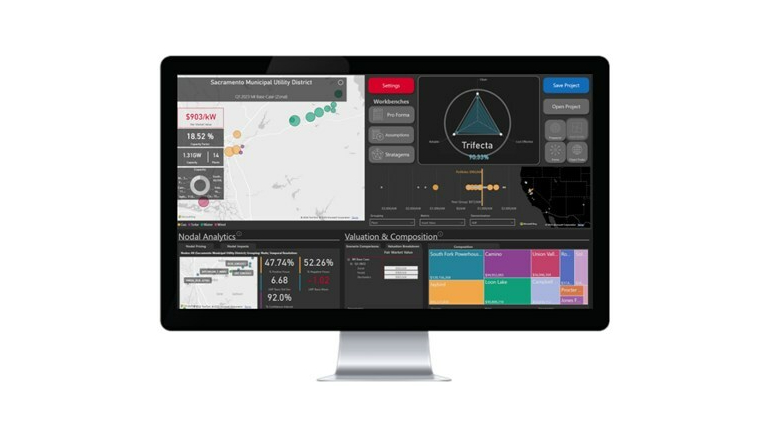Heat stress and flooding significantly impact female-headed households, causing an annual income loss of 8% and $16 billion, respectively.
The statistics are the findings of a new FAO report titled: The Unjust Climate: Measuring the Impacts of Climate Change on the Rural Poor, Women, and Youth. The report suggests that a one percent increase in climate change could result in a 34% income loss for female-headed households, exacerbated by existing poverty and food insecurity.
The FAO report reveals that climate change disproportionately affects the rural poor, older people, and women in low- and middle-income countries. The authors note billions of dollars in losses among female-headed farming households, further widening the income gap between men and women.
Gender inequality plays a significant role in determining women’s adaptive capacity to climate change. For example, female-headed households lose 8% more of their income from heat stress and flooding annually than male-headed households, resulting in $37 billion a year. If climate change increases by another one degree Celsius, female-headed households could lose 34% of their income compared to male-headed households.
Lauren Phillips, Deputy Director, Rural Transformation and Gender Equality Division, FAO, in an interview with the organization’s newsroom, opines that the situation of female farmers in agrifood systems is significantly different from that of male farmers due to persistent gender inequalities, such as gaps in income, productivity, land access, mobile technologies, and financial access. Climate change also increases the number of hours women are required to work, and women already have a higher burden of care in most countries.
To change this, FAO is working with other UN agencies to implement projects that provide better training and capacity building for women, aiming to help them participate more in agrifood systems and value chains. Evidence from countries like Ecuador shows how gender-transformative approaches can be used by governments. FAO is also working to strengthen women’s resilience to climate change in small island developing countries in the Pacific, such as Palau, by focusing on the tourism value chain and other agrifood system work.
Addressing these gaps and promoting empowerment is crucial for helping families and women become more resilient to climate change. FAO is working with other UN agencies to implement projects that provide better training and capacity building for women, ensuring they have access to necessary resources and technologies to adapt to the changing climate, Ms Philips states.











